
🦠 Enveloped vs. Non-Enveloped Viruses: A Visual MCAT Breakdown
Learn the difference between enveloped and non-enveloped viruses for the MCAT. Includes examples, structure, and a King of the Curve visual breakdown.

🧠 OCD vs OCPD: What’s the Difference and Why It Matters for the MCAT
Confused between OCD and OCPD? This visual MCAT guide breaks down the differences, symptoms, and test strategies—plus a KOTC infographic to lock it in.
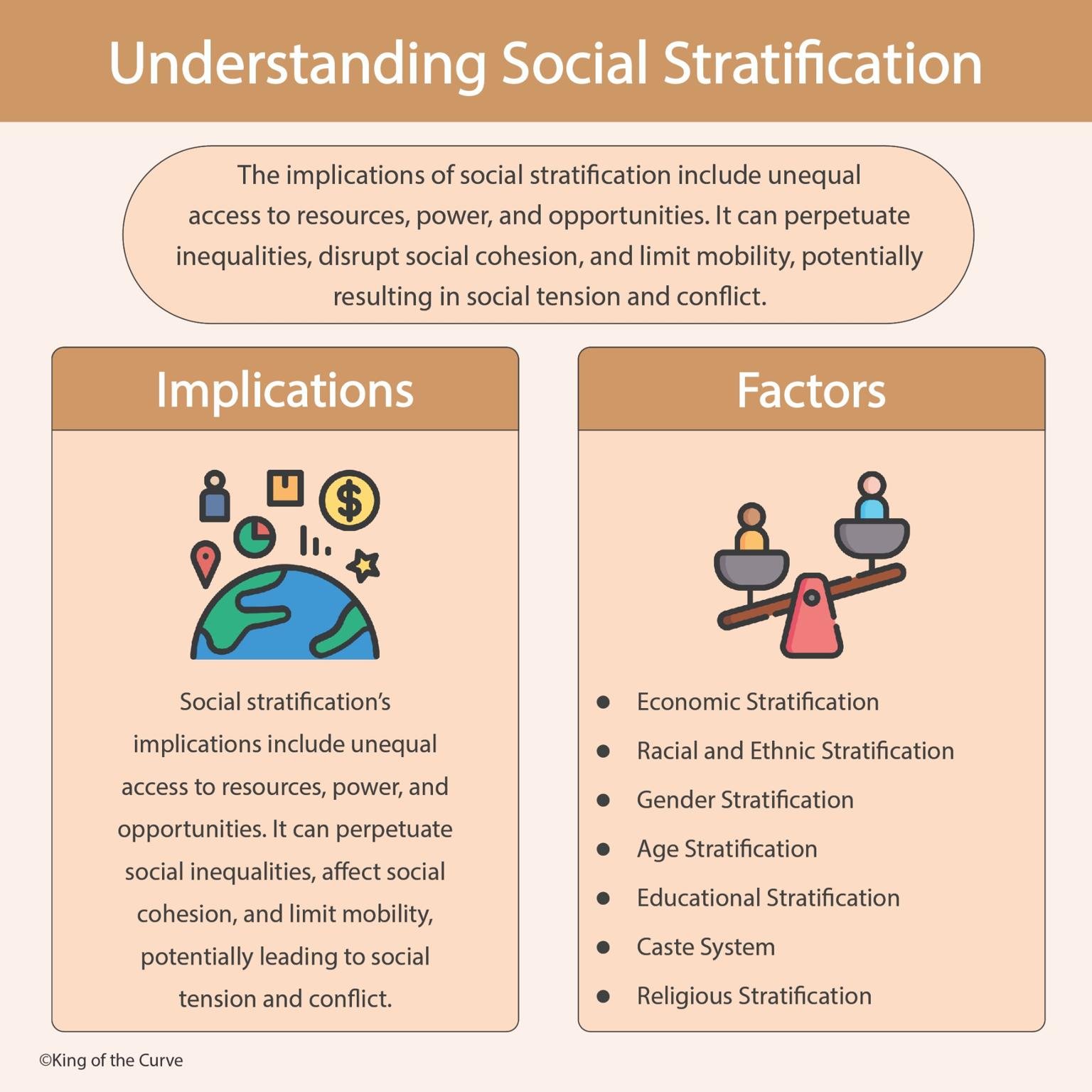
🧭 Understanding Social Stratification
Learn what social stratification means, its impact on access to resources, and how factors like income, education, and gender affect class structure. Ideal for MCAT prep.
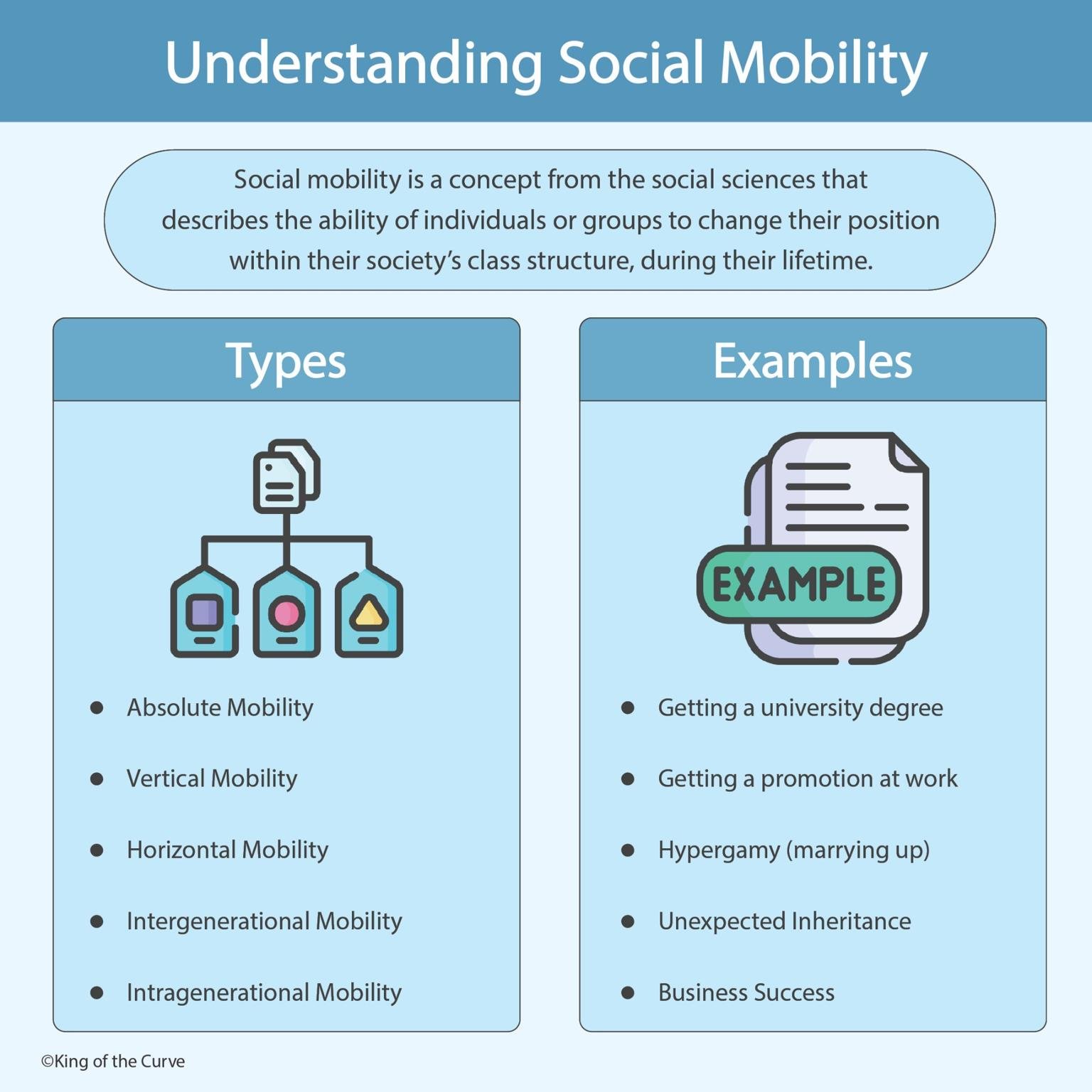
📈 Understanding Social Mobility: Types & Real-Life Examples
Explore the concept of social mobility with real-world examples. Learn about vertical, horizontal, and generational mobility types in simple terms.
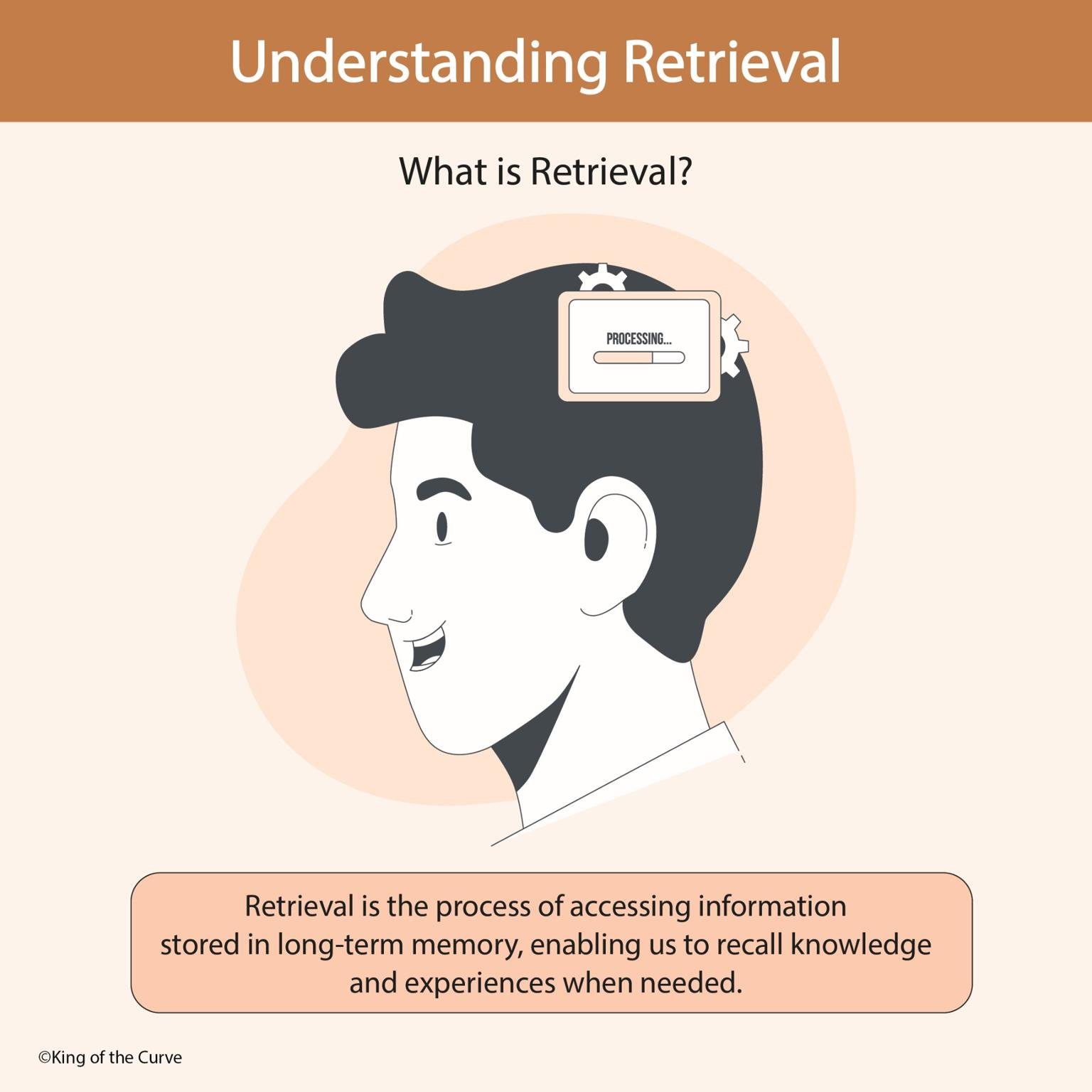
🧠 Understanding Retrieval: Unlocking the Vault of Memory
Learn how retrieval works in memory. Explore recall, recognition, and relearning—perfect for MCAT or USMLE prep.

🧠 Understanding Prejudice: A Social Psychology Insight for the MCAT
Learn what globalization means and how it influences political, economic, and cultural systems globally. Perfect for MCAT social sciences review.

🌍 Understanding Globalization: The Ties That Bind Our Modern World
Learn what globalization means and how it influences political, economic, and cultural systems globally. Perfect for MCAT social sciences review.

😴 Types of Sleep Disorders on the MCAT
Learn how to distinguish Dyssomnias and Parasomnias for the MCAT with real examples, clinical insight, and test-day tips.

🧠 Understanding Types of Individual Traits for the MCAT
Learn cardinal, central, and secondary traits for the MCAT with definitions, visuals, and scenarios. Psychology made easy by King of the Curve.
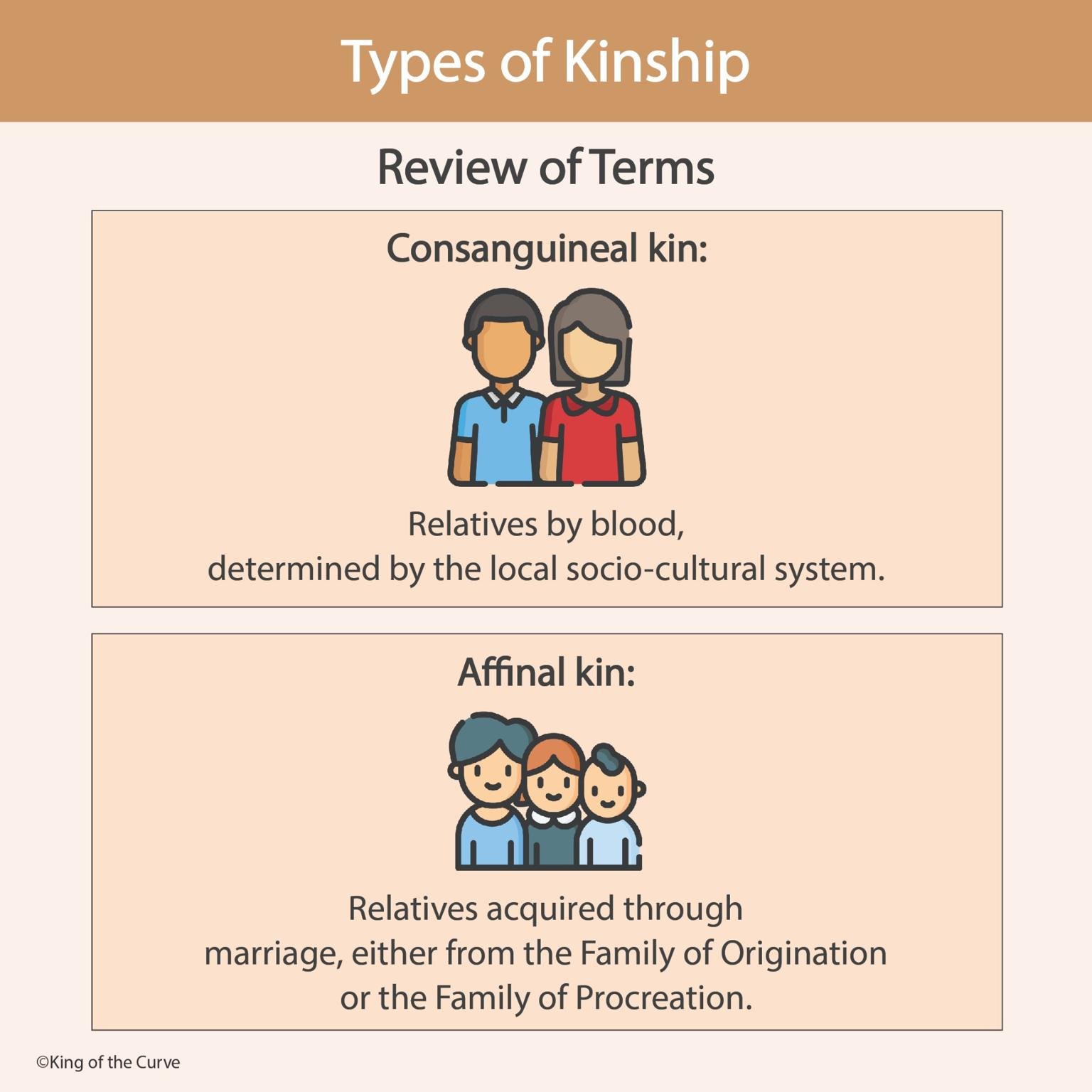
🧬 Types of Kinship: Understanding Social Bonds for the MCAT
Learn the difference between consanguineal and affinal kinship for the MCAT. Includes definitions, examples, and practice scenarios with KOTC visuals.
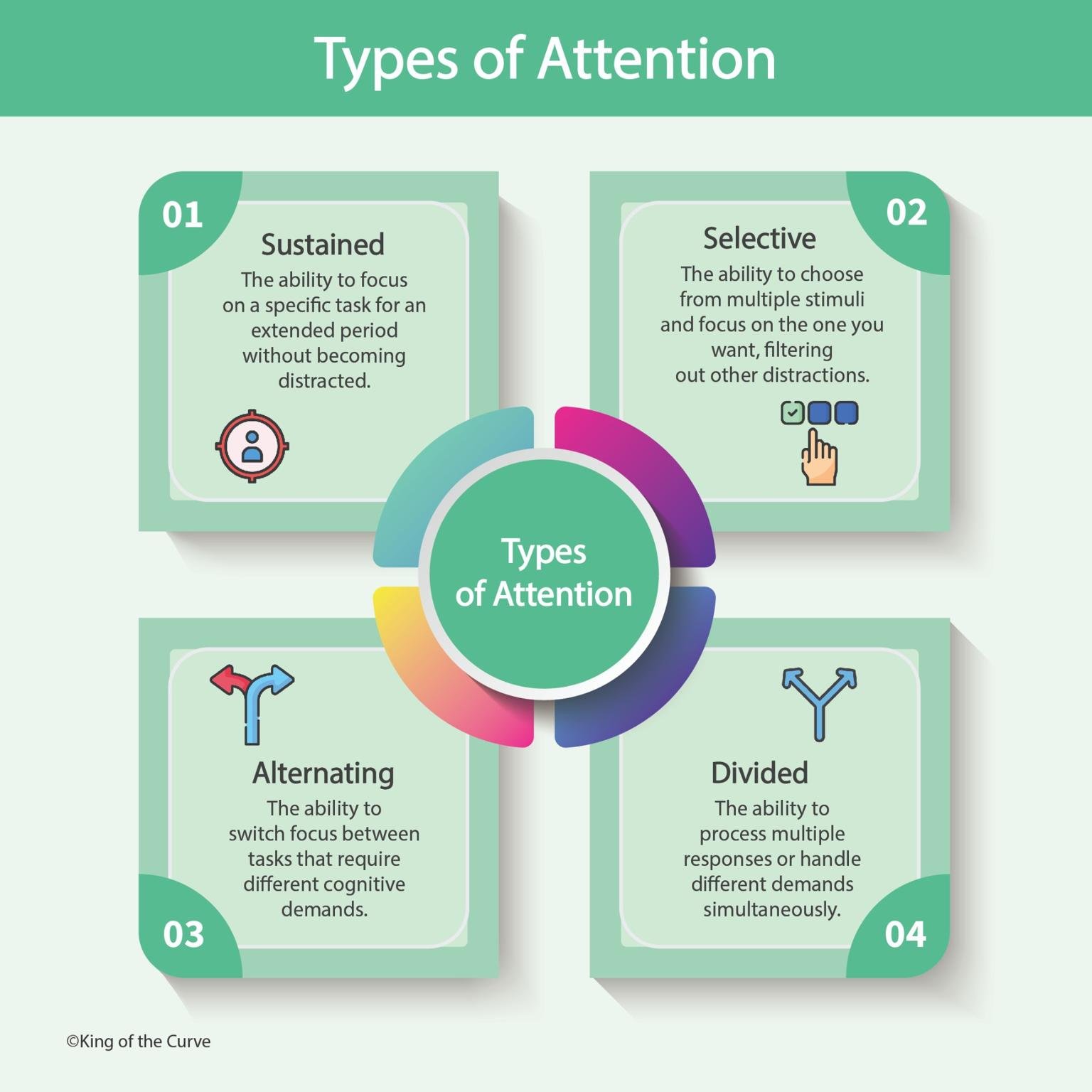
🧠 Types of Attention: How the Brain Focuses
Learn the four major types of attention with MCAT-relevant examples, scenarios, and strategic takeaways. Visual infographic included.

🧠 Three Theories of Language Development: MCAT Study Breakdown
Learn the behaviorist, nativist, and interactionist theories of language development for the MCAT. Includes chart, examples, and sample question.

🧠 The Seven Universal Human Emotions on the MCAT: Recognizing Core Affective States
Learn about the seven universal human emotions and how they appear on the MCAT. Includes tips, tables, sample question, and visuals.

🧠 Social Loafing on the MCAT: Group Dynamics and Effort Distribution
Learn how social loafing impacts group performance. MCAT guide to group behavior, visual aids, and test-style examples.

🚫 Understanding Social Taboos: Everyday Norms That Shape Our Behavior
Understand what social taboos are, why they matter, and how they appear on exams like the MCAT and NCLEX. Explore examples with a visual from King of the Curve and learn how taboo behavior influences cultural norms, patient care, and exam questions.

🧠 Mastering Operant Conditioning: Shaping Behavior for the MCAT
Learn how shaping reinforces behavior step-by-step. Ace the MCAT Psych/Soc with King of the Curve’s exclusive visual guide to operant conditioning.

🧠 Social Institutions on the MCAT: Understanding the Foundations of Society
Learn how social institutions like family, education, and religion appear on the MCAT. Includes examples, MCAT tips, and a free infographic.

🧠 Stereotype Threat on the MCAT: Understanding Identity and Performance
Learn how stereotype threat affects identity and performance on the MCAT. Understand psychological effects, real-world examples, and exam strategies.

🧠 Social and Human Capital on the MCAT: Understanding Societal Resources and Productivity
Learn how human and social capital appear on the MCAT. Understand key definitions, examples, and exam scenarios with this KOTC visual blog.

🧠 Self-Fulfilling Prophecy on the MCAT: How Beliefs Shape Behavior
Understand the self-fulfilling prophecy and how it appears on the MCAT. Learn examples, MCAT-style tips, and key psychology concepts.
